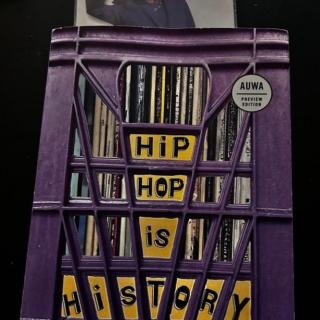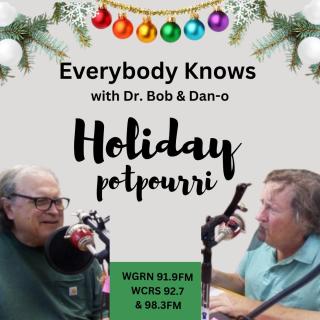A few weeks ago, an acquaintance handed me a CD of his high school aged son's band, apparently with the wildly misguided notion that I have contacts in the music industry. He followed up a week or so later, and I gave it a quick guilty spin in my car before calling him back to tell him it was actually pretty creditable. I mean, most of the lyrics appeared to be riffs on a killer house party in Bexley last summer, but the band could play and it sounded professional quality.
Where was this when I was in high school? In the summer of 1995, my senior year, I had a Yamaha MT120 4-track recorder, the purchase of which had nearly bankrupted me, a collection of RadioShack microphones and an ever dwindling supply of cassette tape on which I made horrific basement demos. My band was so bad I don't even remember our name (Bohemian Snowbeast maybe?), but that didn't stop us from mailing tapes to every record label under the sun.
Dissatisfied with our response rate (zero), towards the end of the school year we scraped together enough cash to do a four hour session at Amerisound Studios in Grandview, where, at the time, I was working as an intern. We got two dirt-simple songs – we didn't even have live drums – on what was then state-of-the-art ADAT tape. My primary memory of the session is the terror of making a mistake that set in three quarters of the way through a take – one wrong note would lost us ten minutes of valuable time, the financial equivalent of two hours working the drive through window at Wendy's. At the end of the session, we walked out with three precious burned CD's, and of course went on to fame and fortune.
Flash forward twenty years to the Spring of 2015. My band headed down to John Schwab Recording Studios where we cruised through the recording of a five song EP in around a day and a half. I did a little bit of MIDI editing at home and e-mailed the tracks to the engineer, who popped them into the session with one of the virtual instruments available at the studio. A week later we picked up our gorgeously mixed master recordings, and a month later were on iTunes and Spotify with a box of 500 shrink-wrapped CD's from Discmakers at the practice space. We paid for all of this with the proceeds from six or seven shows and sales at our release party.
The cost of recording is simply far cheaper that it was in the past. A small part of that is the cost of studio time itself. Although professional grade computer and recording software systems are by no means cheap, studios aren't paying off a million dollar console or fifty thousand dollar reel-to-reel tape machines.
But what really cuts down the cost is efficiency -- the ability to fix mistakes. An experienced engineer can quickly punch you in to fix a missed snare drum hit without re-recording the whole track. Several takes of a guitar solo can be comped bar by bar for one perfect track. A singer's momentary loss of pitch can be salvaged with a small amount of Auto-Tune. This not only saves time, but it allows you to relax and take risks.
The upshot is that amateurs without access to a trust fund can finally approach what's on the radio in terms of sound quality. There should be, in theory, more good music in circulation than at any time previously. Conversely, there must also be the largest amount of sonic godawful in history.
Are we storming the Bastille? For better or worse, for the last century the record label system has functioned as a filter, coarsely dictating what we should like, but at least protecting us from the truly horrific. It's hard to see the future – the recording industry has not yet completed the metamorphosis from its pre-file sharing self. Major labels are presently surviving on modern country and celebrity R&B Wal-Mart sales, and the odd Amazon MP3 download from people too ethical (a good way to be), dumb or lazy to pirate. Indie labels are taking advantage of lower recording costs, and the fact that digital sales have no distribution costs.
Even if you can afford to record, for the time being all labels own that magic ingredient to commercial success – access to an audience. Perhaps someday there will be a workable way to cut out the middleman. But at least now you can listen to your friends' CDs without cringing at the mix, and will have something decent to play your grand kids when they ask if you were really in a band. Which is not such a bad thing.
Thoughts and constructive criticism can be directed to edwardrforman@yahoo.com.



